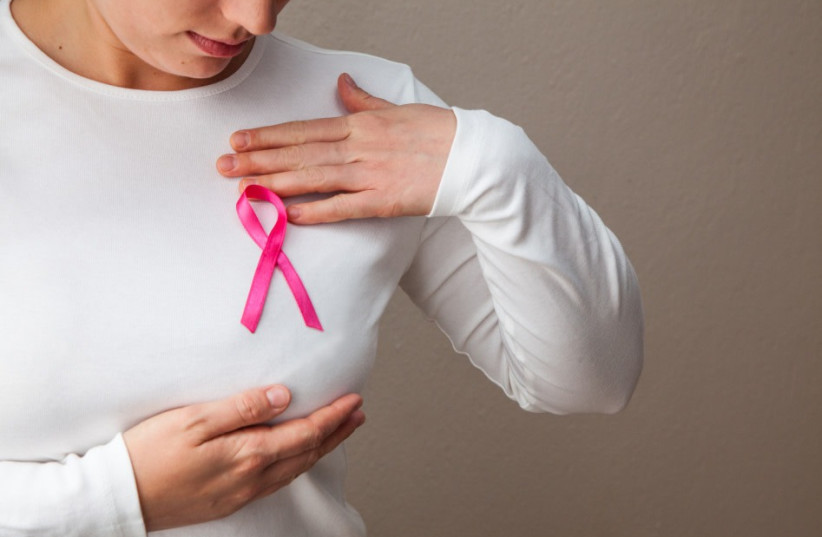Beilinson Hospital successfully completed a pilot program utilizing iCAD’s Artificial Intelligence technologies to review more than 15,000 mammography scans, the hospital announced on Monday.
The technology identified previously undetected tumors, significantly enhancing diagnostic capabilities which has the potential to save lives by providing an earlier diagnosis of breast cancer in women aged above 40.
The technology also aids in the development of informed screening plans for those at risk of developing breast cancer.
Adding to the list of capabilities, the technology has the ability to assess a patient’s risk level of developing a cancerous tumor in the next two years, through scanning past dense tissue.
Where is the technology available?
Since the completion of the pilot earlier this year, the system has been deployed across the Clalit Health Services network including its mammography units at hospitals and clinics across the country. iCAD’s program is already approved by the United States’ Food and Drug Administration (FDA).

“Early detection and intervention remain the two most impactful treatments for breast cancer which is why we always encourage women, and anyone at risk of developing cancer to routinely ensure that they are being scanned through semi-annual mammography exams,” said Head of Beilinson’s Mammography Department Dr. Ahuva Grubstein. “By utilizing better tools like artificial intelligence to aid radiologists in these scans, we are able to increase the reliability of the scans and the cases of early detection, thus saving lives.”
Since the pilot program began, the technology has been employed to aid radiologists in more than 15,000 scans at Beilinson.
